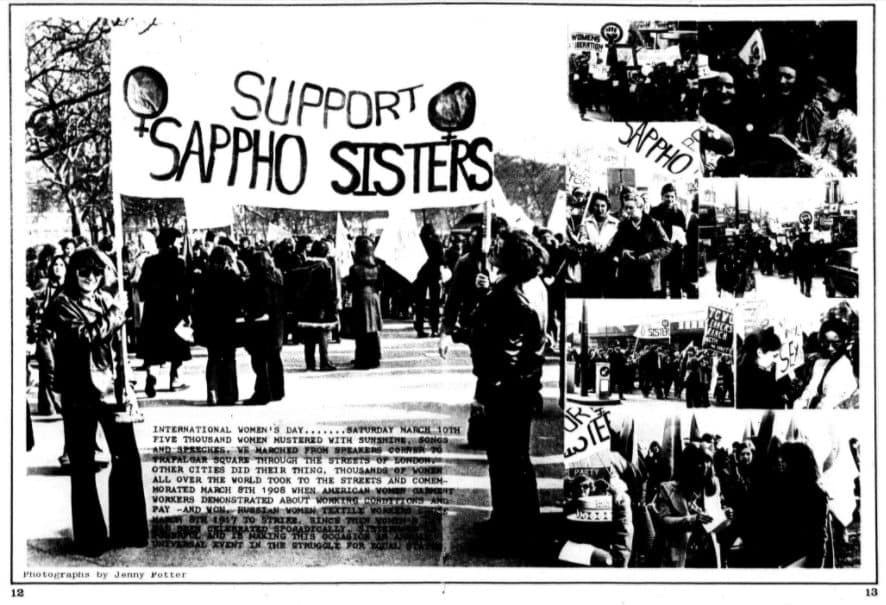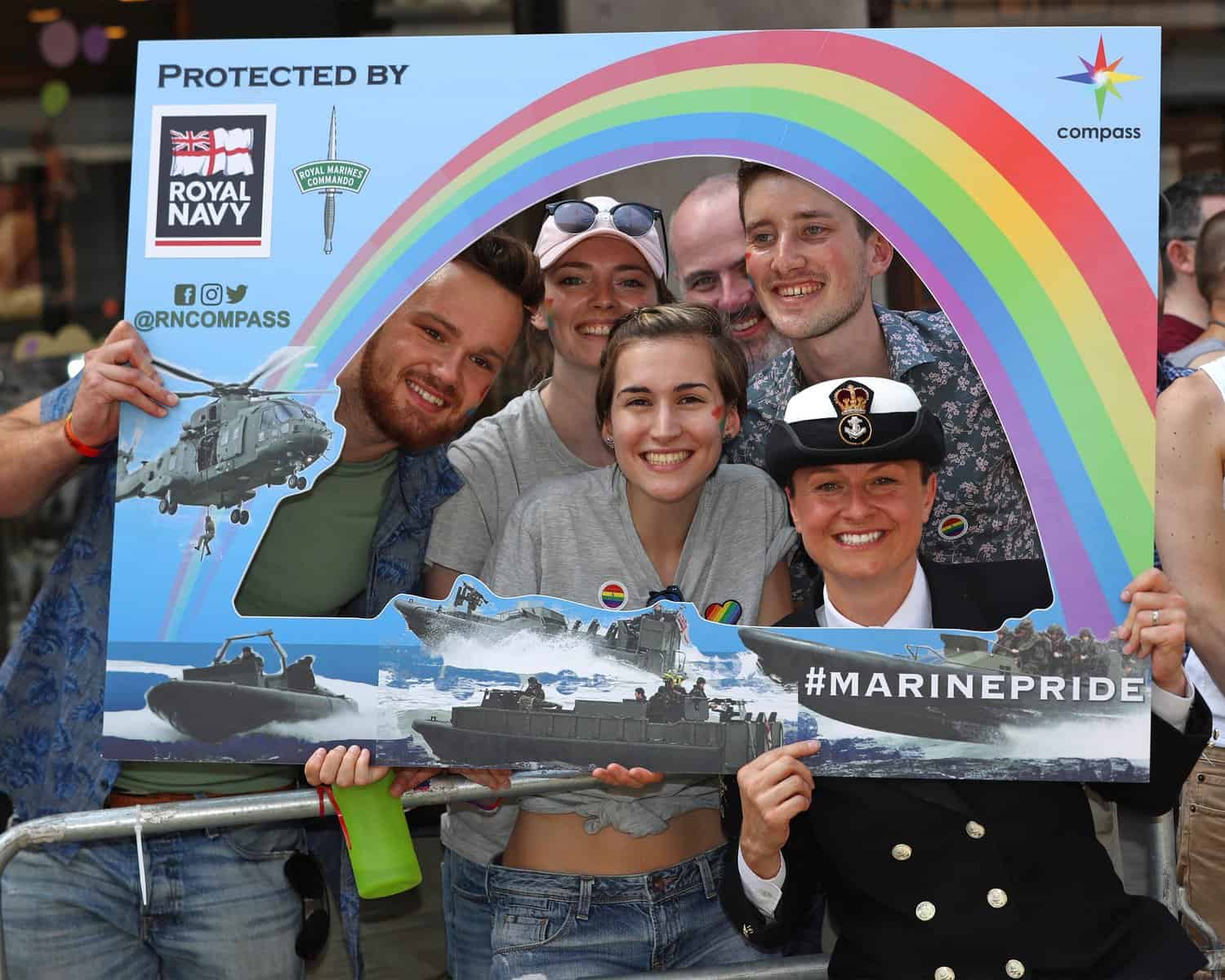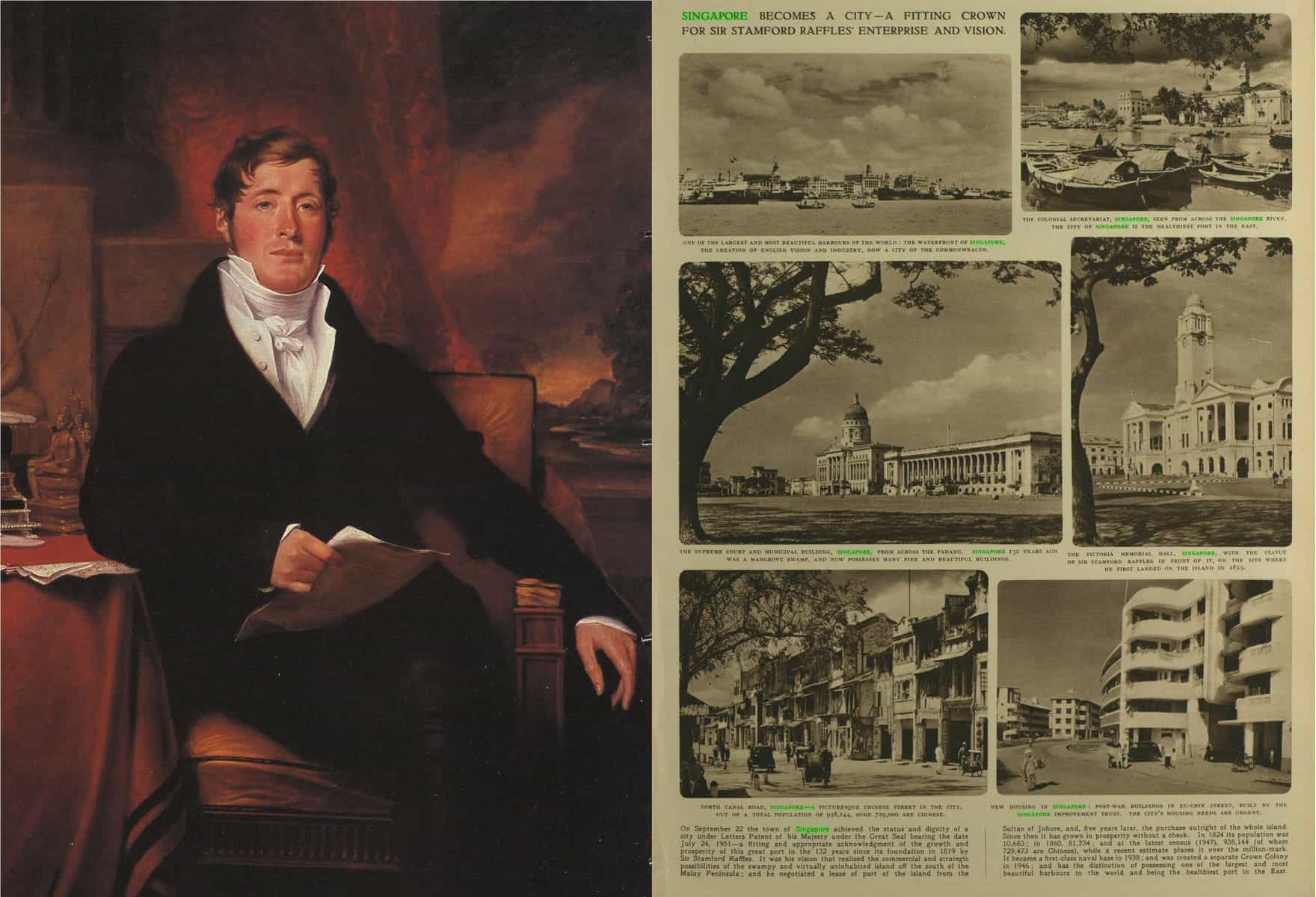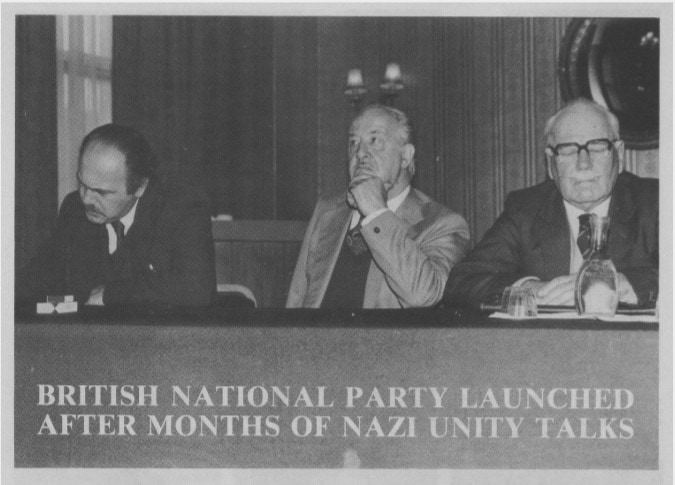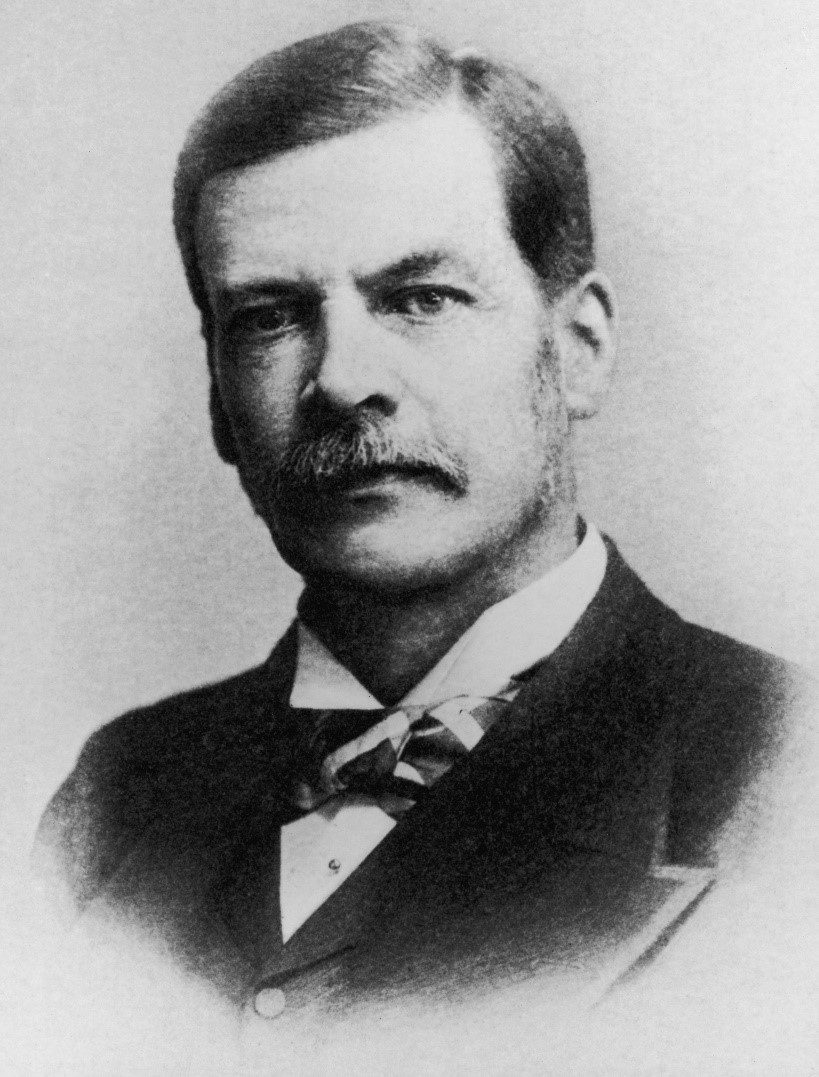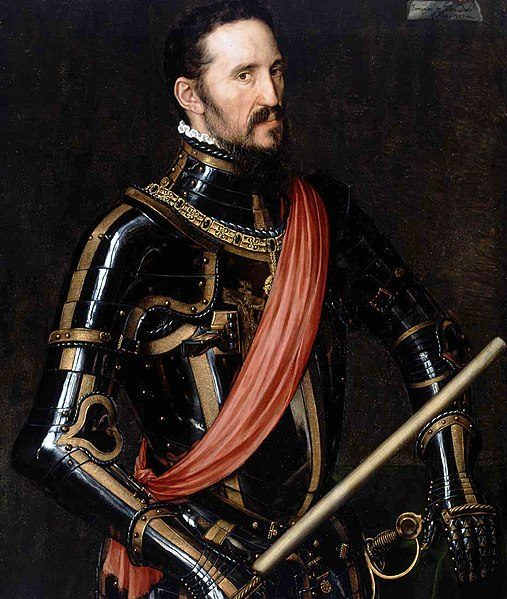By Rachel Holt, Acquisitions Editor for Gale International
Happy International Women’s Day (#BalanceforBetter) and may your Women’s History Month 2019 be an enlightening one!
Every year March marks the month where several countries around the world celebrate female contributions to society by recognising their achievements throughout history. However, the origins of how both these events came into being are themselves fascinating episodes in feminist history. If “history is written by the victors” then who decides which people and events from the past deserves our attention?[1]

